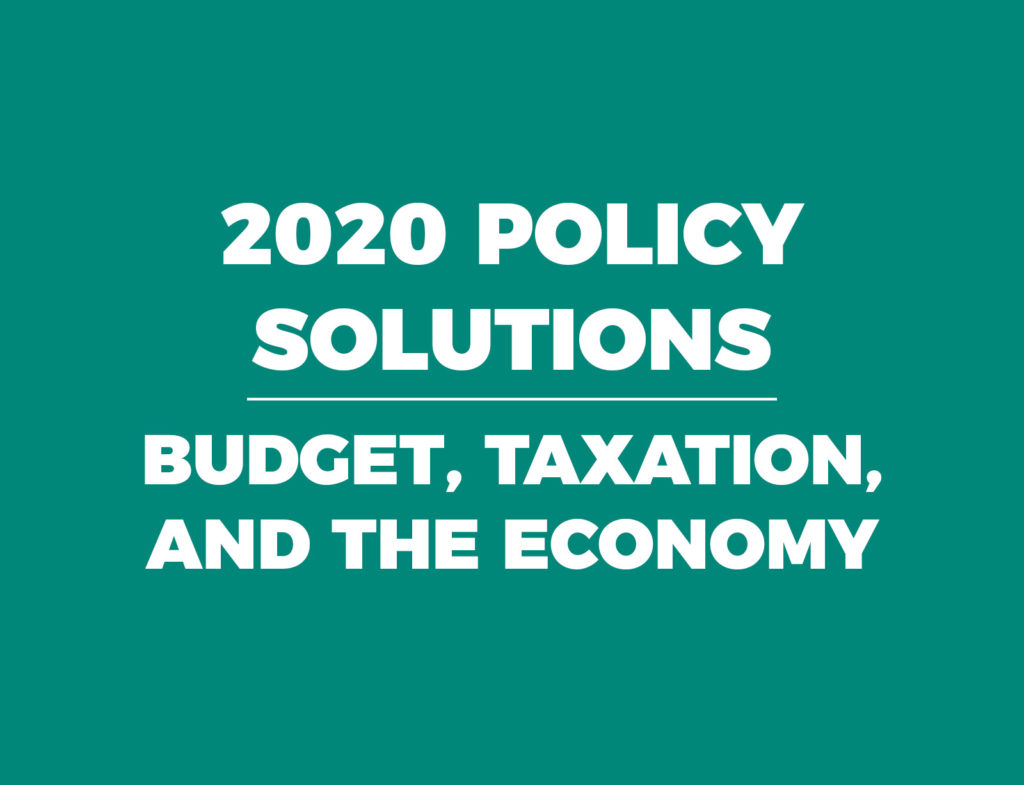Introduction
Updated as of January 2020.
Federal funds are tempting, but they create risks for states that accept them. North Carolina is no exception.
First, they leave the state and those who rely on federally funded programs vulnerable to a federal government shutdown (such as the one in 2013), sequestration and related policy decisions that reduce spending, and various changes in the ability or willingness of Washington to spend. As the federal deficit regularly exceeds $1 trillion per year and the debt grows past $22 trillion, drawing down more federal funds means there is more risk.
Second, federal funds remove state authority to set related policies, including sex-segregated bathrooms in public schools, health insurance mandates, the organization of sports teams in universities, and reforms of social services. Federal regulators have final approval of what would otherwise be state and local decisions.
Third, and most importantly, federal funds distort decisions as budget writers and agencies focus on the money instead of the need. Questions about outcomes go unasked or unanswered if the program substitutes federal money for state appropriations or private and nonprofit efforts.
As such, local and state officials need to have a better understanding of how much federal money comes into the state and how it is used to pay for personnel, services, programs, and infrastructure. Only then can they evaluate the costs, benefits, and risks of taking what appears to be “free” money from the federal government.
Obviously, it is not “free money” and should not be treated as such.
In fact, every tax dollar Washington, D.C., sends to North Carolina is a dollar taken from taxpayers in North Carolina and the other states. Economists have found that federal subsidies to the states lead to higher state taxes and spending in the long run because the federal “seed money” creates a demand for more government with current and future commitments. One dollar of federal funding in a state leads to an additional 40 cents in state spending. That hardly qualifies as free.
Key Facts
- North Carolina received $20.7 billion in federal funds in Fiscal Year (FY) 2016-17, including $17.2 billion in the state budget. This is $4.1 billion less than the $24.8 billion peak in 2011 but still $11 billion more than in 2008.
- In Fiscal Year 2016-17, nearly half of federal funds to North Carolina ($9.6 billion) went to Medicaid and the Children’s Health Insurance Program (CHIP). The next four largest categories – food assistance, financial aid, transportation, and K-12 schools – received $7.1 billion. Federal funds in every other area totaled $4 billion.
- Total Medicaid spending increased $1.9 billion between FY 2012-13 and FY 2017-18 as the program enrolled 384,000 more people. Pushing back against efforts to expand Medicaid helped keep spending increases in check over this period, making the state less dependent on the federal government.
Recommendations
- Limit total spending growth, including federal funds, to no more than the combined rate of population growth and inflation. Budget writers should forecast federal funds the state expects to receive.
- Prepare for future reductions in federal funds. Programs that depend on federal funding should begin planning now for the probable loss of federal support due to economic downturns, political changes, and the inevitable increase in spending on Social Security, Medicare, and other entitlement programs.
- Do not expand reliance on federal funds. Whether Medicaid expansion, housing, or transportation, North Carolina policymakers and taxpayers will be better prepared financially if the state limits its exposure to federal funds.



